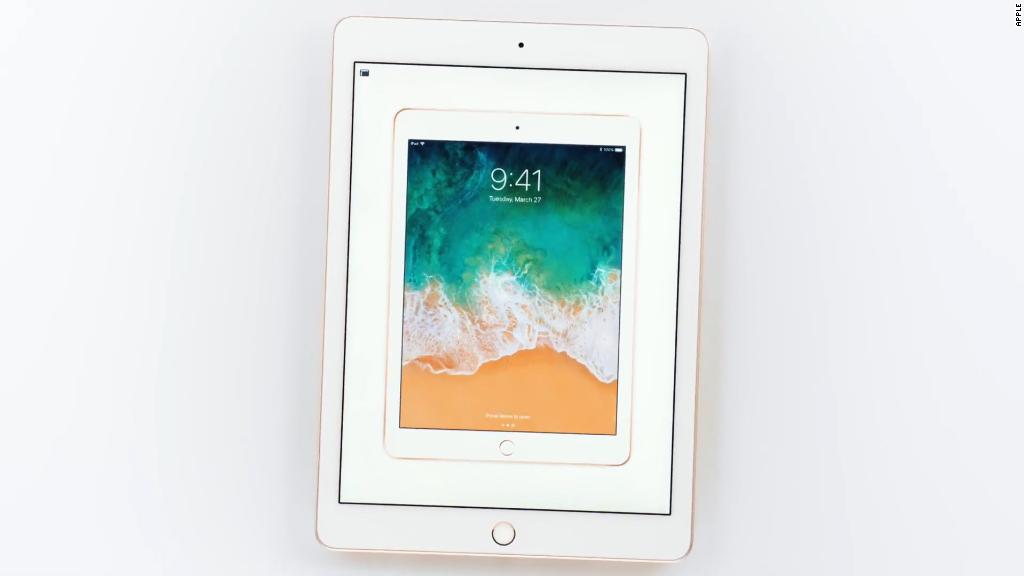
If Steve Wozniak hadn't built one of the world's first personal computers, he may just have become a stand-up comedian.
That's because he not only loves to invent things, he loves to make people laugh.
Wozniak, or "Woz" as he's known around Silicon Valley, built the revolutionary Apple I and II computers that helped put Apple and Steve Jobs on the map roughly 40 years ago.
While he's still technically employed at Apple (AAPL), he hasn't had an active role there since 1985. That's when he left to launch CL 9, the company behind the first universal remote control. He has also served as the chief scientist for Fusion-io, a data storage firm that went public in 2011.
Wozniak is also a champion of protecting people's civil rights online. He helped found the Electronic Frontier Foundation, a nonprofit dedicated to defending free speech and privacy. In April, he made headlines by announcing he was deactivating his Facebook account because he was "disgusted" with the way the company handled personal information.
But not everything Wozniak does is so serious. He's made guest appearances on shows like The Big Bang Theory. And behind the scenes, he just loves spending time with his wife and dogs.
CNNMoney asked Wozniak about his experiences, his advice for aspiring entrepreneurs and how he'd like to be remembered. Here's what he had to say.
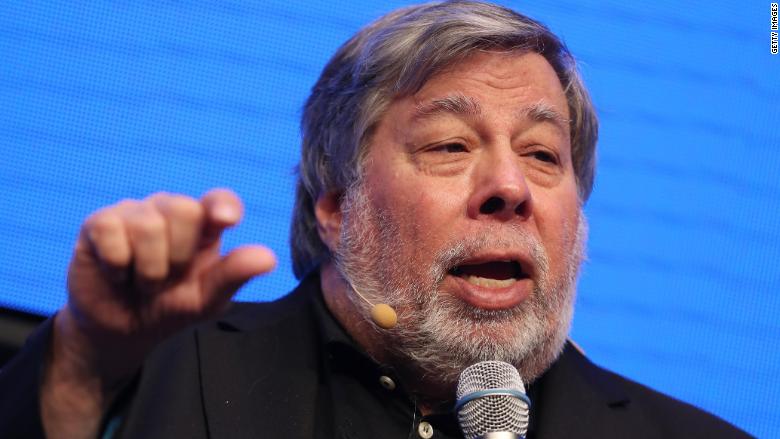
My inspiration for the Apple computer ...
Came when I was in high school. There were no books I knew of about how to design a computer or what the inner elements of a computer were, although I knew about logic from elementary and middle school science fair projects.
I stumbled on a manual for the PDP-8, a microwave-sized mini-computer, and worked for a long time to design it on paper using available logic chips which I could not afford. I then started getting manuals for all the minicomputers and designing them all, over and over, getting my part count lower and lower.
The Data General Nova was introduced and its architecture was more logically structured than all the others and it wound up taking half as many chips. I had posters of this computer on my bedroom wall.
I told my dad that I'd own a 4K Nova some day (enough computer to be useful and programmable) and he said it cost as much as the down payment on a house, even without an input/output tool. (An input/output tool allows a user to type programs into a computer and see an output).
I said I'd live in an apartment. If it ever got possible for me to have my own useful computer, I would have one. That time arrived the summer of 1975. I had no money, as you can tell.
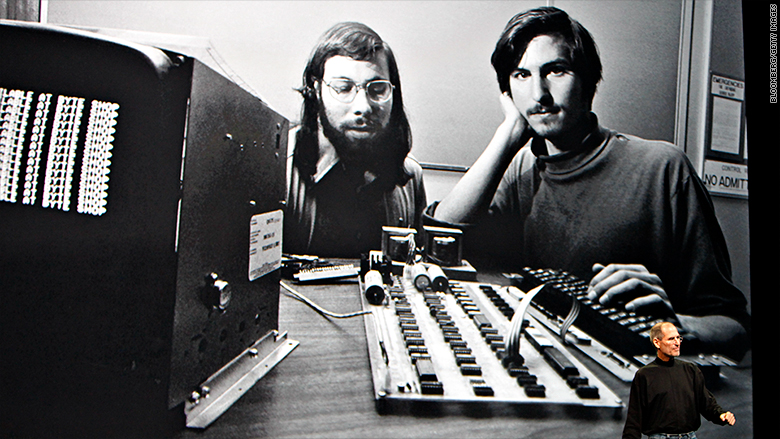
The scariest part of my job is ...
Someone finding bugs in my work. In the early Apple days, it would have been bugs in hardware or software.
In fact, the Apple I did have a bug that was discovered by others. I had forgotten to add what are called pullup resistors to the unused inputs of chips on the Apple I. This is a standard operation but I had forgotten to do it. It's hard to say how bad this was. In a noisy electrical environment, it might have led to false signals.
I was also afraid of conflict and afraid to deal with people. The world is much more complicated now and I have more confidence.
I'm more afraid now that when I travel constantly, so to speak, my family will wonder if I'm a real, permanent dad. I have young dogs, which are like infants to me. I hold them in my arms and talk to them and give them so much love. They look in my eyes with love in their hearts. How do they know why I leave them for days or weeks at a time? Will I have to re-establish my relationship with them when I get home?
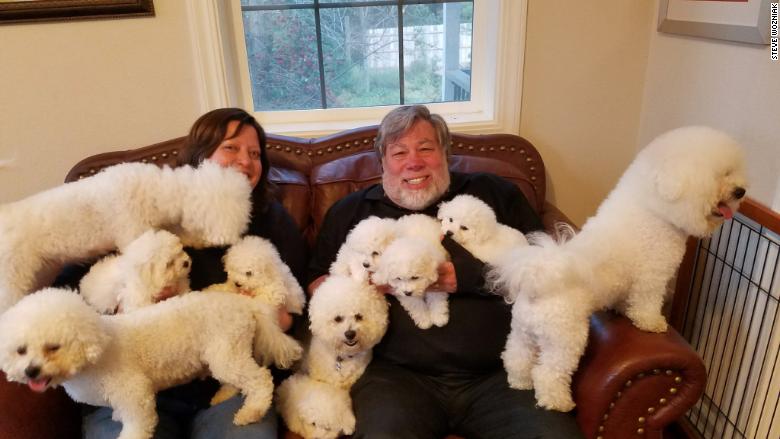
If I could tell my 18-year-old self one thing, it would be ...
I'd say to be exactly as you are, Steve. I have no regrets about any of my life past some age.
I found my way and knew who I was. I knew that I had a good head to figure out what was right and wrong in life. And in engineering, I stick by decisions that came from a working system of rationality.
The thing that brings me the most joy is ...
Hearing that I made a positive difference in a person (or a pet's) life.
I love my family and doing things all the time with my wife, Janet. We talk about every decision and they are all joint and we really are one person. We have tons of fun and enjoy the same things.
If I could have dinner with any influential figure from any time period, it would be with ...
Socrates, because he had a way of thinking about things philosophically, and he knew that those in high positions were not all that special. I'd like to ask Socrates his opinion of luck, too.
I'd like to be remembered for ...
In different spheres of influence I'd be remembered for different things. I would personally like to be remembered for my humility, a period of genius, and the fun I had, including jokes and pranks.
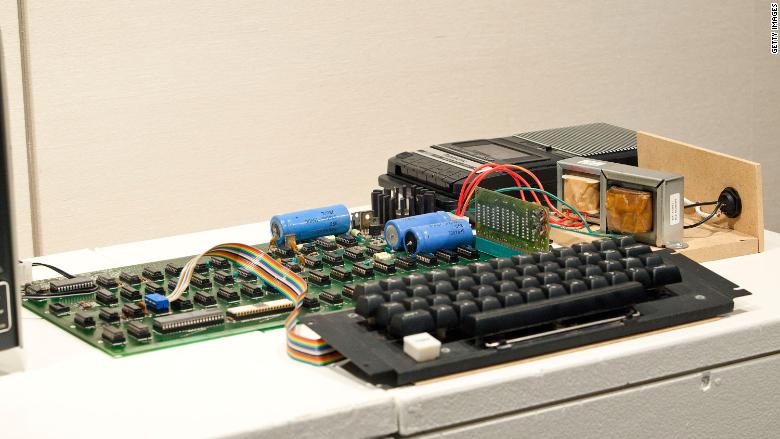
Random people might remember me for being key at the start of personal computers, bringing digital technology into the lives of people. Some might remember me for starting a world-renowned company. Others might remember me for my teaching years.
The thing you probably don't know about me is ...
I have always been sensitive and can't hurt or even get in the way of others. I try to be only equal to all others. I cry easily when things are not right yet, or when things have great beauty, like songs or pictures or artwork or movies.
If I weren't an inventor, I'd be ...
A standup comedian because I love to make people laugh.
The best piece of advice I've ever received is ...
My father had different values about some things around the Vietnam War, but he told me that he hoped I always maintained my idealism. Sometimes a person with a heart of gold needs to be told they have one, or else that idealism won't come out.
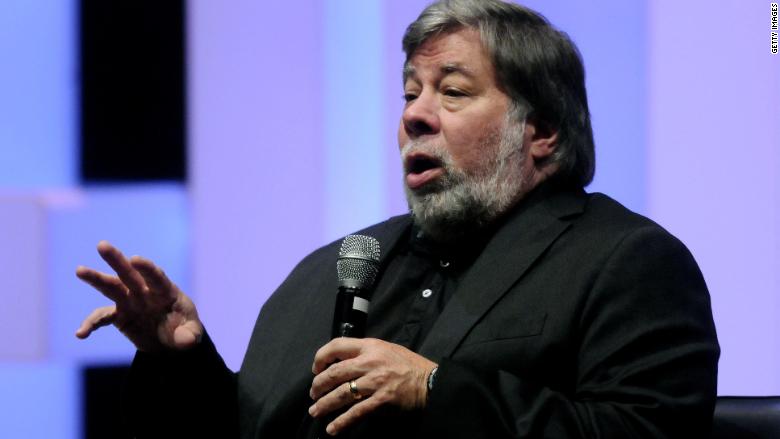
My advice to young people searching for their inspiration is ...
Don't look for it in others. Use your brain to think out your formulas for life, for behavior and values and ethics and morals. Figure out the answers over months or years before your personality settles down for life. This is usually between ages 18 and 23, the college years.

